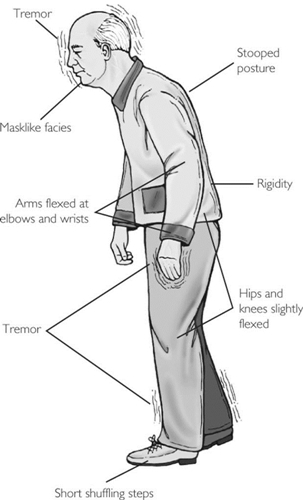Several compelling lines of evidence suggest that environmental agents, including commonly used pesticides, can act as triggers for the development of Parkinson's Disease (PD). In fact, a progressively greater odds ratio for developing PD was associated with pesticide exposure, and several other epidemiological studies have implicated specific pesticides, including rotenone (an organic insecticide) and paraquat (a chemical herbicide still widely used throughout the world), in the development of parkinsonism.
Indeed, a sharp increase of PD incidence was seen in agricultural areas that use these pesticides. In particular, the nonselective herbicide, paraquat (N,N'-dimethyl-4,4'-bipyridylium ion), significantly augmented the risk of developing PD as a function of cumulative pesticide exposure. Animal studies also demonstrate that the pesticides, paraquat and rotenone, which are chemically similar to the established dopamine (DA) neurotoxin, 1-methyl-4-phenyl-1,2,3,6-tetrahydropyridine (MPTP), can reliably induce PD-like pathology, and hence, are becoming widely used to produce a parkinsonian syndrome in animals.
Source: Darcy Litteljohn, Emily Mangano, Melanie Clarke, Jessica Bobyn, Kerry Moloney, and Shawn Hayley (2011)
Inflammatory Mechanisms of Neurodegeneration in Toxin-Based Models of Parkinson’s Disease
SAGE-Hindawi Access to Research Parkinson’s Disease Volume 2011, Article ID 713517, 18 pages doi:10.4061/2011/713517
http://downloads.hindawi.com/journals/pd/2011/713517.pdf

- Login om te reageren
